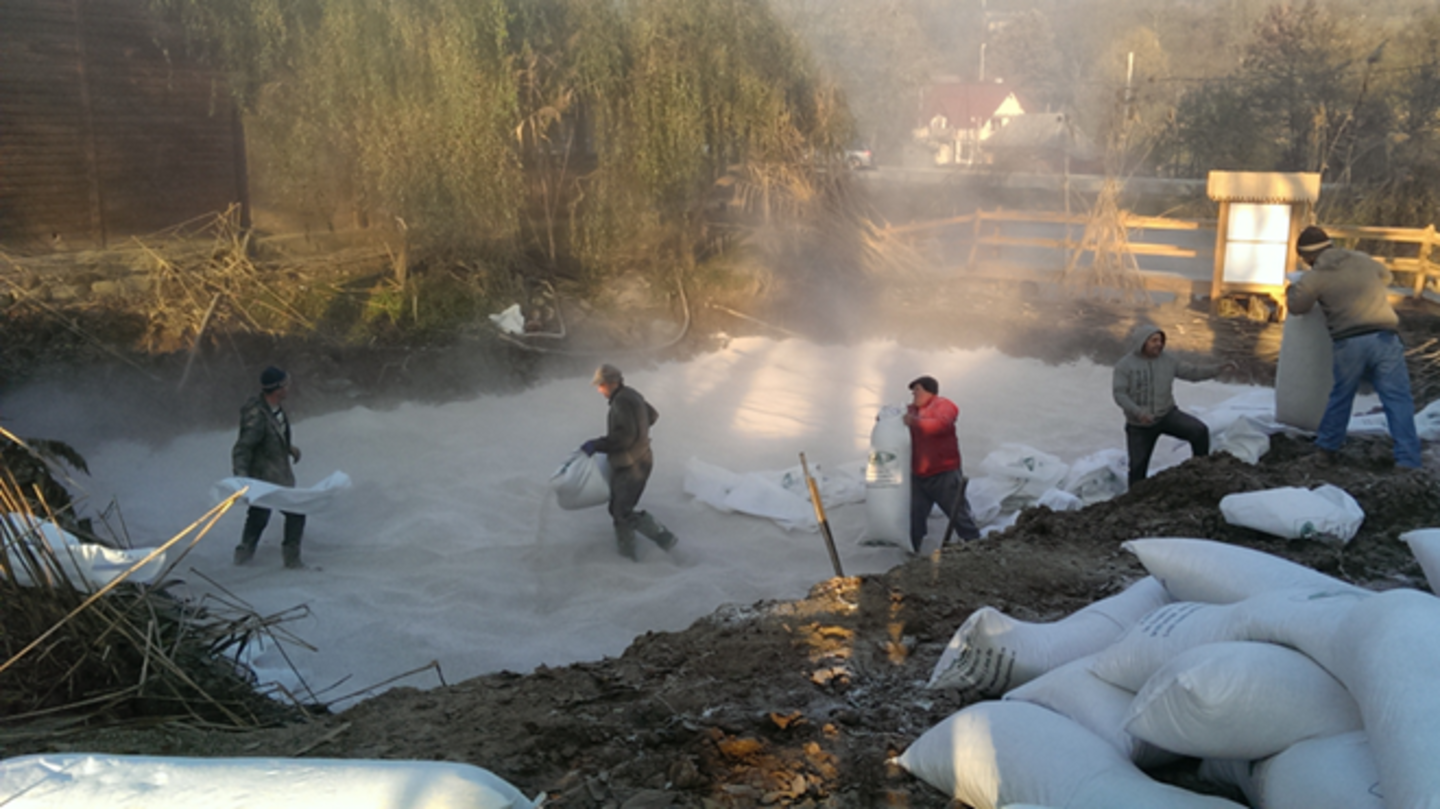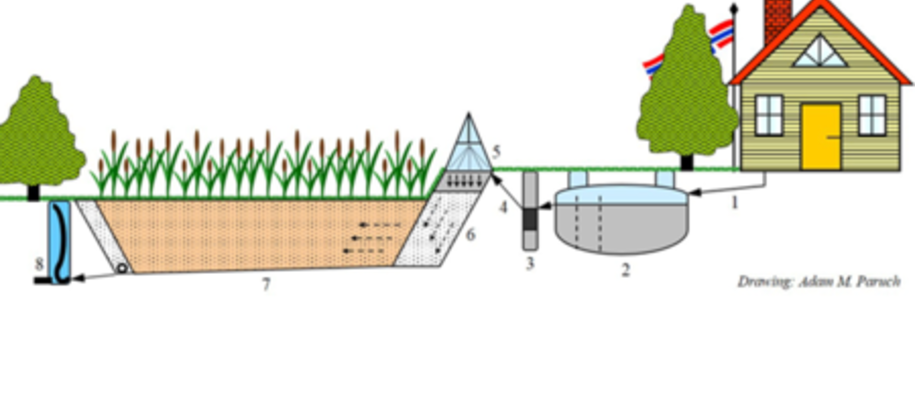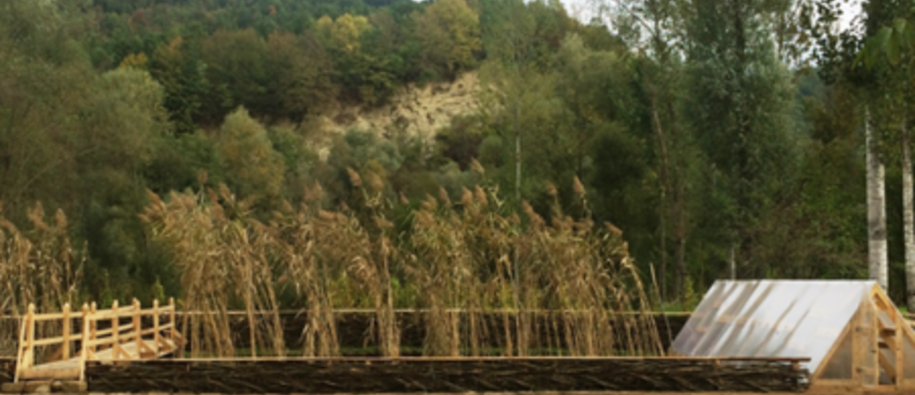This article is based on contributions from the Norwegian Institute of Bioeconomy Research (NIBIO), and was originally published on the Norwegian Ministry of Foreign Affairs’ website for the EEA and Norway Grants: http://www.mfa.no/eeagrants
The use of fertilizers in agriculture leads to contamination of drinking water many places in Romania. In Maramures County, which is situated in the north-eastern part of the country, a pilot project aiming to find effective and environmentally friendly methods for wastewater management suitable for small and medium-sized tourism enterprises (SMTEs) has been carried out. With €183 000 in support from Norway through the Romanian ‘Green industry innovation’ programme, the project is implemented by the Romanian organisation Heifer International Romania in partnership with the Norwegian Institute of Bioeconomy Research (NIBIO).
Adapting Norwegian technology
The two first facilities for more efficient organic wastewater management opened in 2015. The technology is based on a concept developed by Bioforsk – the Norwegian Institute for Agricultural and Environmental Research – in collaboration with the Norwegian University of Life Science and Norwegian industry in the 1990s.
“There are hundreds of facilities for organic wastewater management in Norway. The facilities work well if they are built according to industry standard. But in Norway they are relatively expensive – and requires much more space compared to smaller wastewater treatment facilities,” says director for research, Trond Mæhlum, at NIBIO.
However, if space and local filter materials are available, this could be cost-effective solutions. Romania has favorable natural conditions for establishing facilities for efficient wastewater management, and with help from NIBIO, Norwegian technology has been further developed and adapted for these conditions. The aim is to use the nature, such as soil and vegetation, to improve wastewater management and ensure good water quality.
Inspire further development
With support from the Norway Grants, the project aims to increase knowledge on how soil and vegetation can be used to improve water quality and educate the Romanian population on the importance of responsible wastewater management. Through the project, two demonstration facilities have been built. These facilities can inspire further development and local adaptation of methods for wastewater treatment.
“The Romanian facilities are brand new, and we haven’t measured the effect of the wastewater treatment yet,” Ragnar Eltun from NIBIO emphasises.
After visiting the sight, the team from NIBIO conveyed their satisfaction with the work that has been done and the way the facilities are adapted to the landscape.
“Both facilities are close to businesses catering to the tourism sector. These areas facilitates demonstration and promotion of wastewater management technology. There will be some adjustments to the design before measurements can start. Hopefully this will confirm that this technology - using nature to improve wastewater management - has a future in Romania,” says Ragnar Eltun.
More
Read more about the Romanian ‘Greening the agro-tourism business in Romania’ project


